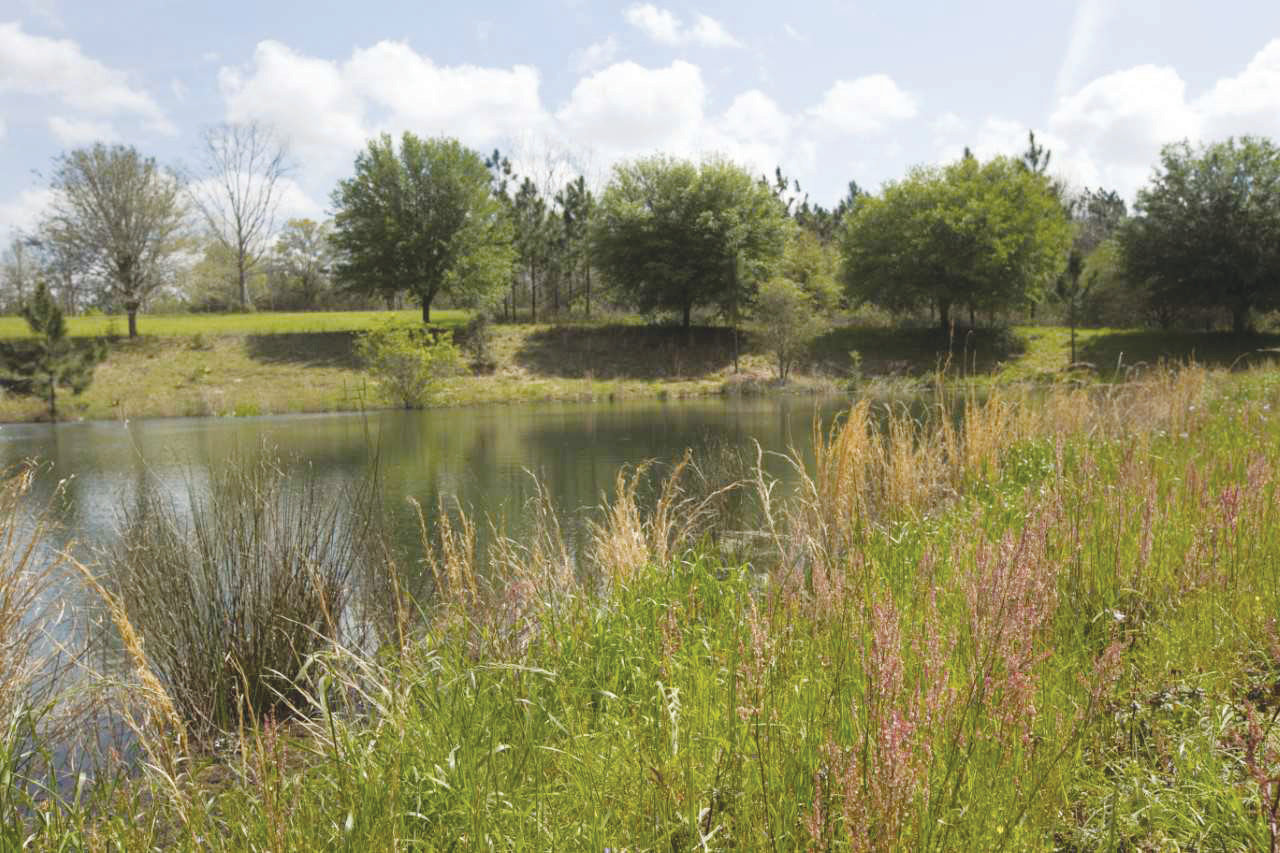Protecting retention ponds affects local, state environments
CLAY COUNTY – Would you love waking up and gazing out across a lake, pond or river in your backyard?In Florida, that question would usually be answered by a resounding “YES!” and …
This item is available in full to subscribers.
Attention subscribers
To continue reading, you will need to either log in to your subscriber account, or purchase a new subscription.
If you are a current print subscriber, you can set up a free website account and connect your subscription to it by clicking here.
If you are a digital subscriber with an active, online-only subscription then you already have an account here. Just reset your password if you've not yet logged in to your account on this new site.
Otherwise, click here to view your options for subscribing.
Please log in to continueDon't have an ID?Print subscribersIf you're a print subscriber, but do not yet have an online account, click here to create one. Non-subscribersClick here to see your options for subscribing. Single day passYou also have the option of purchasing 24 hours of access, for $1.00. Click here to purchase a single day pass. |
Protecting retention ponds affects local, state environments
CLAY COUNTY – Would you love waking up and gazing out across a lake, pond or river in your backyard?
In Florida, that question would usually be answered by a resounding “YES!” and our access to water is a reason for many people to move to our communities. Whether they are natural or manmade, the allure of
waterfront property is huge. But have you ever thought about how the care of that stormwater pond in our neighborhood affects your local and statewide environment?
Why stormwater ponds?
Stormwater ponds play several roles in communities, mainly to catch and help filter water slowly before it enters the groundwater, known as the aquifer. They also help to manage flooding and erosion, provide
beauty to residents and give water and habitat to local wildlife.
Building a buffer
If you live on or near a retention pond, you may not realize how much your actions can affect the health of the water. Excess fertilizer, chemicals and the like will end up running away from your property either down into the soil or along the surface into the nearest storm drain or low area. Retention ponds help catch this water and manage its drainage into the ground to help filter contaminants.
One key way to keep your waterway clean is to limit your practices that could pollute it. Get a soil test before fertilizing and follow UF/IFAS recommendations for your landscape, properly dispose of household
chemicals, and do not apply pesticides and herbicides unless they are needed. In addition, limit activity in this area to limit erosion and keep pet wastes from washing away.
However, if you have a shoreline area you maintain, a buffer zone of vegetation can help the water clean as well. The planting of Florida-Friendly plants suitable to this environment can be beautiful while providing additional filtering and erosion control. This will also cut down on your time mowing the area and give some nice habitat for birds and other wildlife. Some great options for plants can be found at
https://edis.ifas.ufl.edu/ep476/. The designs can fit a variety of styles including using native grasses, trees, shrubs and wildflowers.
Furthermore, this area should be “maintenance-free” meaning you should not be actively mowing, fertilizing or working in the area. A 15-foot area all the way around the body of water is recommended.
Working with your community
You may be in a situation where you live by a retention pond but do not have control on how this area is managed. In this case, work with your community’s decision-making body, such as a homeowners
association, to discuss options for an area. A helpful guide on working with homeowners association is available at https://edis.ifas.ufl.edu/ep513.
This concept of protecting the waterfront, including stormwater retention ponds, is key to the FloridaFriendly Landscaping program which I advise on for the University of Florida in Clay County. If you ever have any questions, would like me to come survey your yard for yard certification (and get advice), or are looking for educational materials or activities, feel free to contact me by phone at (904)284-6355 or through email at whhobbs@ufl.edu.
The Institute of Food and Agricultural Sciences (IFAS) is an Equal Opportunity Institution authorized to provide research, educational information, and other services only to individuals and institutions that function without discrimination with respect to race, creed, color, religion, age, disability, sex, sexual orientation, marital status, national origin, political opinions, or affiliations. USDA, UF/IFAS Extension, FAMU and Boards of County Commissioners Cooperating.








